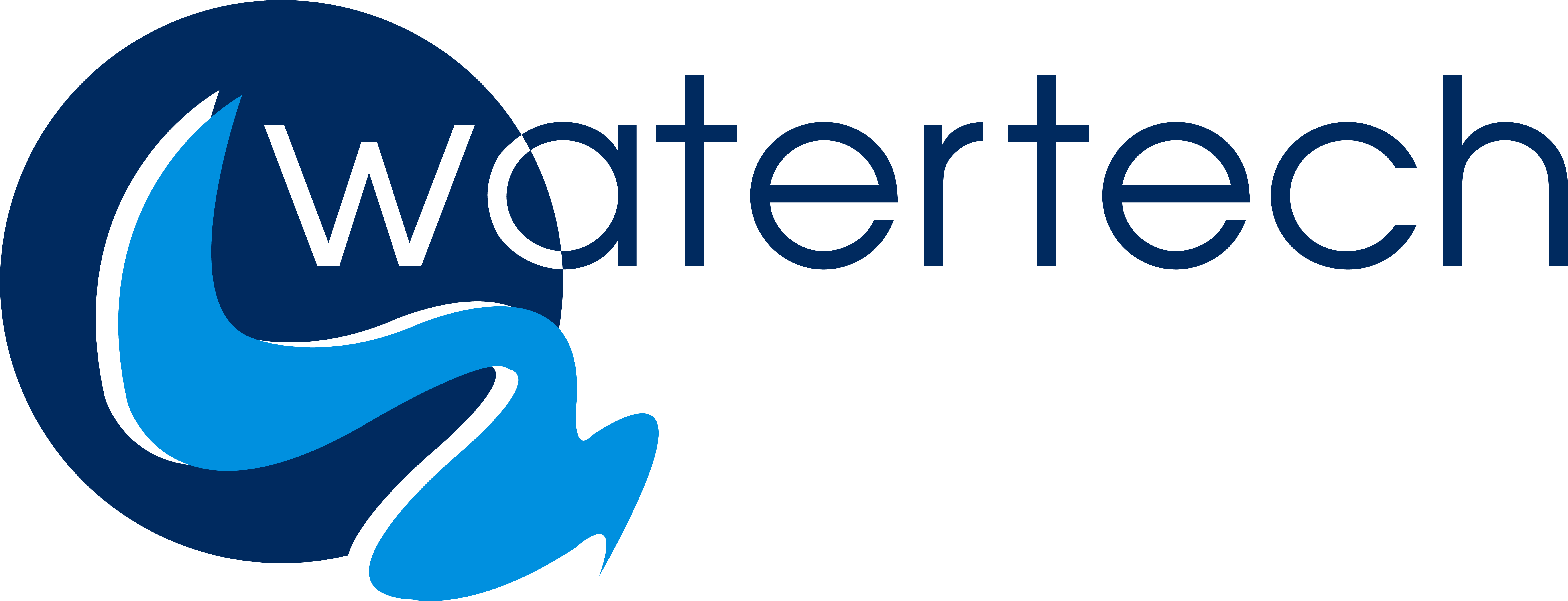Introduction: The Benefits of Reusing Water for the Environment, Ecology, and Economy
The reuse of water in industries offers a triple advantage: environmental, ecological, and economic. By optimizing the use of this precious resource, companies reduce their freshwater consumption, limit their pollutant discharges, and achieve significant savings on operational costs. This approach not only contributes to the preservation of aquatic ecosystems but also promotes sustainable and cost-effective water management, aligning with the United Nations’ Sustainable Development Goals.

1) Membrane Bioreactor (MBR): The MBR combines biological treatment using activated sludge with membrane filtration. Microorganisms eliminate organic matter, while membranes (0.1 to 0.4 microns) filter out solids, bacteria, and viruses. The MBR produces high-quality water with a COD below 10 mg/L, making it ideal for various industrial applications, such as machine washing, cooling, or even agricultural irrigation.
2) Ultrafiltration (UF): UF uses membranes (0.01 to 0.1 microns) to remove suspended particles, bacteria, and certain viruses, while allowing dissolved salts to pass through. It reduces turbidity to less than 0.1 NTU, preparing the water for industrial processes that require high purity or for potable water production.
3) Reverse Osmosis (RO): RO uses semi-permeable membranes to remove over 99% of dissolved salts and other contaminants under a pressure of 15 to 70 bars. This technology produces water with a TDS below 10 mg/L, perfect for applications requiring ultrapure water, such as pharmaceutical production or seawater desalination.
These technologies can be combined to meet the specific needs of each industry, ensuring efficient and sustainable water management.



